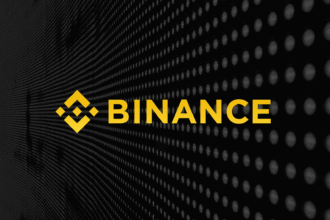According to the agreement on the OECD’s Crypto-Asset Reporting Framework, South Korea will now begin sharing information on crypto transactions from as many as 48 countries.
The South Korean government plans to start sharing data collected by exchanges Ignite and Bithumb with other investors domestically or abroad who trade cryptocurrencies. Such information will also be recorded on these platforms from next year. All of a sudden, in January 2027, this system will come into formal effect.
Local investors’ trading histories will also be handed over to the national tax bureau so their relevant crypto exchange companies can report them to tax authorities from next year.
These moves are part of the Crypto-Asset Reporting Framework, a program set up by the Organization for Economic Co-operation and Development or OECD. Under an OECD member states agreement, at least 48 states – and possibly 74 – will automatically exchange info about crypto exchanges with states like the UK, Germany, France, Japan, and other countries.
Under the agreement’s terms, an exchange of data on crypto assets will take place only if the other partner state agrees on such an arrangement with South Korea.
The Ministry of Economy and Finance will, however, promulgate administrative procedures related to the new framework. In September, it plans to issue official notices to shareholders on the topic.
The Ministry stated, “The purpose of the procedure is to establish detailed regulations for implementing the Virtual Information Exchange Agreement,” it told local media.
According to the data of national agencies, foreign crypto transactions declared this year came to some KRW 1.11 trillion (US$790 million), an increase of KRW 700 billion (US$503.3 million) from the year before.
Why South Korea shares crypto info
Next year is the start of the 2027 reporting framework, which coincides with the country’s Crypto Tax bill. Last year, regulators agreed to put off this tax bill that raised local crypto taxes by 20 percent for two years.
The Crypto-Asset Report Framework of the OECD was an attempt to combat cross-border tax evasion by promoting fiscal transparency among countries in a rapidly evolving crypto world.
The framework says a crypto asset service provider, or CASP, should collect and report such information as user tax residency and taxpayer number to the system. Once per year, providers are expected to report unusual or large crypto-based transactions. The OECD aims to increase its capacity to detect anti-money laundering, crypto-related fraud, and tax evasion.
Over time, South Korea has seen an increase in cases of crypto fraud, in particular, tax evasion. In 2021 and 2022, the South Korean government appropriated some $180 million worth of cryptocurrencies that had been collected for taxes.




















